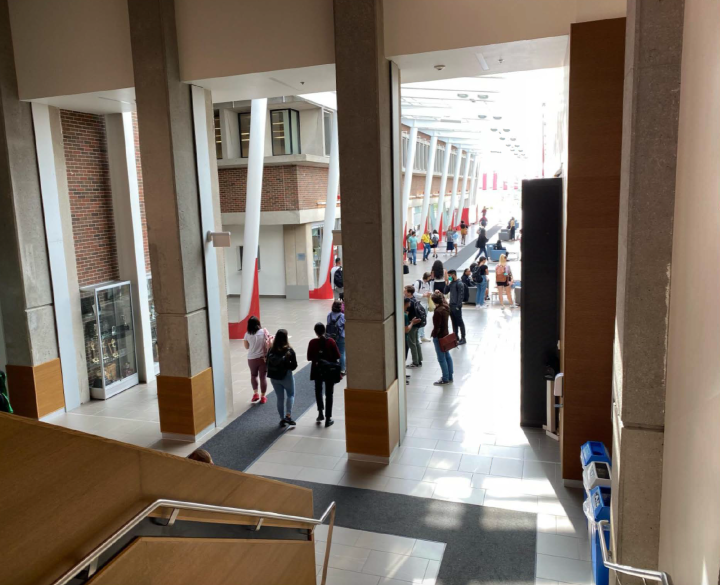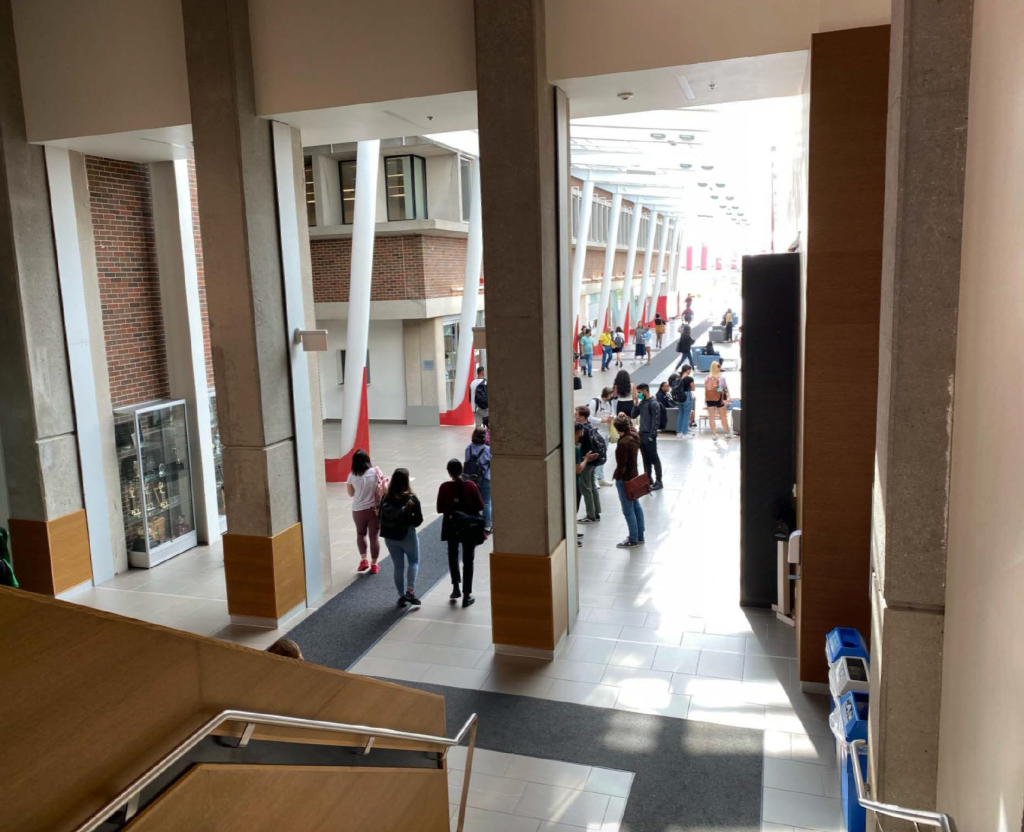

There’s one thing that Obiter Dicta and its editor-in-chief (nice to meet you) have in common this year: they’re both arguably in their angsty teen eras, despite both being far too old to warrant such a state.
I’m this newspaper’s 95th editor-in-chief: a title that comes with the capacity for simultaneous uncertainty and opportunity (I’m also about five years too old to claim any label with “teen” in it, having celebrated my 25th birthday a few weeks ago). Nonetheless, in my third year of law school and my third year with the paper, the analogy has asserted itself so loudly to me that I can’t help but listen.
This paper has been through a lot of change, to say the least: a pandemic that closed the physical campus upon which we’re based, resultant waxing and waning readership, and our temporary move from print to exclusive online publication through COVID-19 restrictions, to name a few. We’ve also been through a fair bit of grief as law students. The last couple of years have changed all of us fairly fundamentally. Primarily, the pandemic and institutional responses to it and other crises have largely been out of our control—a lack of control that law students especially are loath to accept.
Too many intensely stressful environmental, economic, social, and political circumstances to list greet us on our morning doom-scrolls and request our attention and action before we turn the lights out at night. And for the last few years, we haven’t had the capacity to talk through some of that pressure with our communities and connections in person. This forced isolation can make a person feel overwhelmed and panicked. But coming back to an in-person Osgoode this fall has been a powerful reminder that, while we can’t control all of the circumstances around us all the time, we can control many of our responses to those circumstances.
I feel the weight of that reassuring reminder every day when I walk into my classes. Whether you’re friends with your classmates or not, it’s hard not to feel deeply engaged by how much everyone around you cares. I hear my peers speak in class about complex social and legal issues and their deeply-held beliefs, and I see them participate in meaningful extracurricular activities to generously share their interests, perspectives, and knowledge.
It’s tremendously difficult to be a law student, and I regret to say that doesn’t change depending on your year of study. 1Ls are figuring out what on earth a summary is, and how to manage the endless stream of readings. 2Ls are dealing with a recruit that sucks up all of your social energy, self-esteem, and sense of balance. 3Ls are wondering if 3LOL is just a myth, and how they possibly became the most senior J.D. students on campus with so much still left to learn.
As one of those 3L students, I really do often feel like a teenager again, trying to make sense of how to reconcile my own beliefs and views with a legal system that isn’t always as progressive or nuanced as I’d like. It’s a bizarre feeling to learn to work within the context of a massively powerful machine that insufficiently serves so many communities and goals you care about. It’s even more bizarre to realize that in a matter of months, you’ll no longer be wrapped up in the security blanket of seminars and co-curricular groups that foster meaningful conversation about those topics (in the words of hit 1999 rom-com 10 Things I Hate About You, “I know you can be overwhelmed, and you can be underwhelmed, but can you ever just be whelmed?” I’d love to know the answer to that by the end of my time at Osgoode).
It’s easy to feel immobilized by the pressures of an endless stream of bad news and a limited capacity to forge all the change you want to see, right this very second, despite the privilege of an elite education. You don’t want to waste time or energy, but you also need to do your homework on time to earn the degree that will confer greater potential for change upon you. It’s a lot to handle. But when I’m stressing about all these thoughts on my daily commute to school, I get a message from a classmate or an Obiter staff member or a friend that reminds me that I’m not actually alone in all of this.
Everyone around you at Osgoode is here because they want to do better in some capacity. I’ve witnessed enormous empathy, patience, and kindness around me over the last three years, whether it’s in a student sharing notes, hosting a helpful event, or making small talk with a stranger while waiting for class to start. There’s so much good at our school. I find it helpful to remember that.
We can’t control so much of what’s around us: qualms with power structures, dominant voices, breaking news, or even the number of textbook pages a professor assigns. What I can control is nurturing my relationships with my peers, my focus on mobilizing legal topics, and the support network from which I derive comfort. That level of gratitude won’t change everything, but it’s not necessarily something I understood as a teenager, and I consciously choose to take that as a win. I’m grateful to be here, talking to all of you, and I hope you’re able to find some little moments of peace and levity through our school’s community this year.
Welcome to the 95th volume of Obiter Dicta: we hope you’ll consider sharing some of those moments with us this year.
